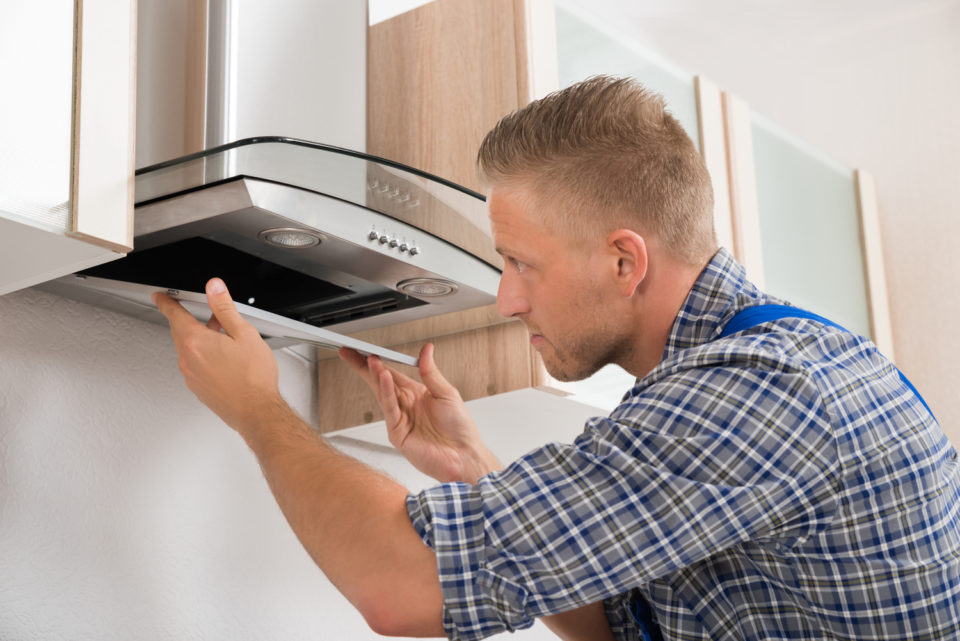Although home appliances malfunctioning may be a common occurrence, you don’t need to call a professional every time. In most cases, they require a basic repair that you could have probably done yourself and avoided burning a hole in your pocket. Here are a few important tips to keep in mind before attempting your next DIY home repair.
Always make sure to wear protective gear and unplug your appliance before attempting any repairs.
Check for the obvious
More often than not it is a simple problem that causes your home appliance to behave in an unexpected manner. Before attempting to find any serious problems, make sure to check the power settings, that the outlet is getting power, the filters are not clogged, and the appliance is on an even surface.
Keep in mind the 50% rule
The 50% rule is quite straightforward. If the appliance is more than 50% through its projected lifespan, and the expected cost of repair is more than 50% the cost of buying a new appliance, it is more prudent to purchase a new appliance. Factor this in when attempting DIY work, replacement, or using professional services.
Pay close attention to moving parts
Moving parts such as fans and motors are usually the first to fail. They tend to make a lot of noise before failing, allowing you to pinpoint the problem easily.
Utilize appliance error codes
Most electronic appliances these days show error codes when malfunctioning. A quick search on the internet of the error code will allow you to quickly determine the repair required and if you can undertake it.
Invest in a full toolkit and a multimeter
A good toolkit and a multimeter allow you to safely dismantle and reassemble your appliances while attempting repairs. Along with this, a high-quality multimeter is a great investment to check the electrical circuits on your appliances. Both of these have some affordable options and last a long time.
Know your piping
For your dishwasher, washing machine and other appliances connected to your plumbing, the most common problems include leaks and kinks. Understanding which hoses supply and empty water from these appliances along with where the surrounding valves are can help you determine which parts need to be replaced.

